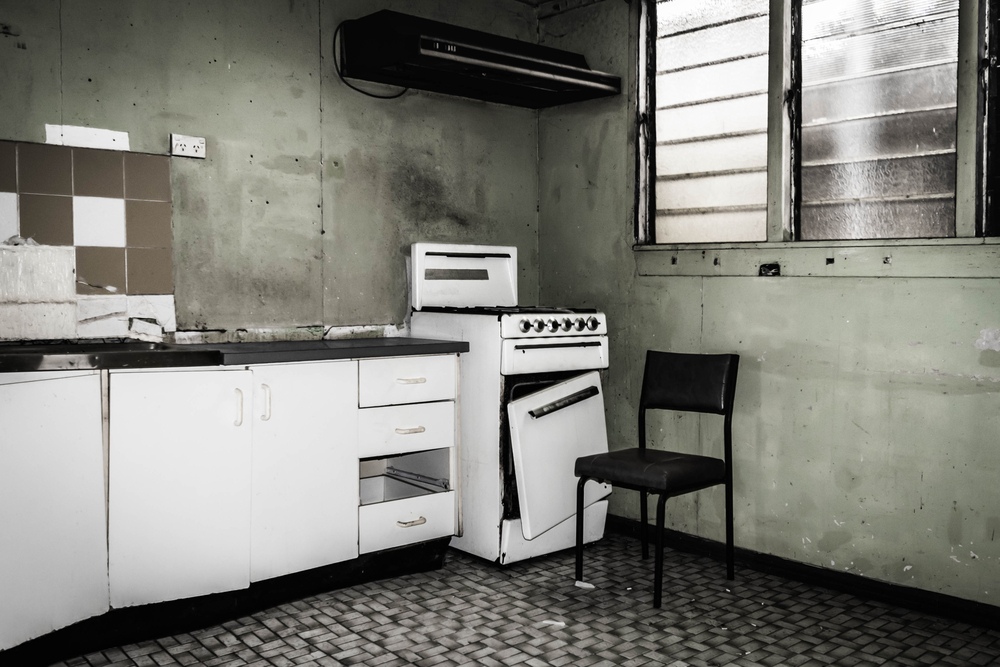Kitchens; they’re the central hub of every home. They see more action than any other room. They’re the first place people go when they wake up and the first place people go when they get home. They’re also usually the place where big news is broken, memories are made and where guests are welcomed with open arms. As such a well-used room, it’s essential that your kitchen is up to the task of withstanding so much foot traffic.
From clogged sinks and marked floors to loose cupboard hinges and grease marks on the wall, your kitchen will likely see a lot of wear and tear. Kitchens are expensive to remodel and that’s why most people keep theirs for 20 years or so before they choose to do a makeover. If you want your kitchen to stand the test of time and continue to serve you for years to come, you will need to ensure you look after it in order to maximize the lifespan. Here are some of the ways you can do that.

Deep Clean Every Now and Then
There’s no doubt that you will clean your kitchen every week – probably even multiple times a week. That being said, every month or so it’s worth doing a deep clean. What we mean by this is pulling out appliances and cleaning underneath them, emptying cupboards and giving them a wipe, and paying attention to the skirting boards, the tops of cupboards and down the sides of your cabinets. Essentially, areas that you don’t necessarily see also need some TLC, otherwise you’ll have a build up of dirt, grime and other debris that could begin to rot and cause other, more serious problems.
Don’t Over Stuff Cupboards
If you don’t want your kitchen cabinets to come crashing down or shelves to bow, don’t over stuff them. You should always place heavy items such as plates and pans on the bottom shelf of a cupboard, and lighter objects like mugs above. Think carefully about the placement of cupboards and what they could feasibly hold. How much does a bottle of wine weigh? Not a lot. A few bottles? Considerably more. Liquids in glass can get weighty quickly, so avoid storing lots of heavy liquids on cupboards on the wall, and use wine/drink racks or lower cupboards instead.
Not only will this preserve the integrity of your cupboards (the things that make a kitchen just that), but it will also mean you won’t open a cupboard, only to have 20 things fall onto you.

Look After Appliances
Most modern kitchens have appliances like microwaves, fridges, dishwashers and ovens built into the cabinets for a seamless look. This looks fabulous, but it does mean it can be more expensive to replace the appliances if they go wrong. Whilst you can’t help if there’s a manufacturing or electrical fault, you can help with the general condition. Make sure you’re thoroughly cleaning your oven once a month. You can make your life easier by adding some tinfoil to the bottom of your over to protect it from grease and fat.
Once a week, try and empty your fridge to keep it fresh and smelling good, as well as a hygienic environment for your food to be in. For your freezer, make sure you’re de-icing it regularly to prevent a build up of ice that could cause problems later down the line. For your dishwasher, make sure you’re cleaning it every few weeks. Most will alert you and let you know that they need cleaning, just make sure you take heed and do it as soon as it lets to know to avoid a blockage or error.
Summary
With some basic maintenance, TLC and smart planning, you can really extend the lifetime of your kitchen. We hope you’ve found these tips helpful!
